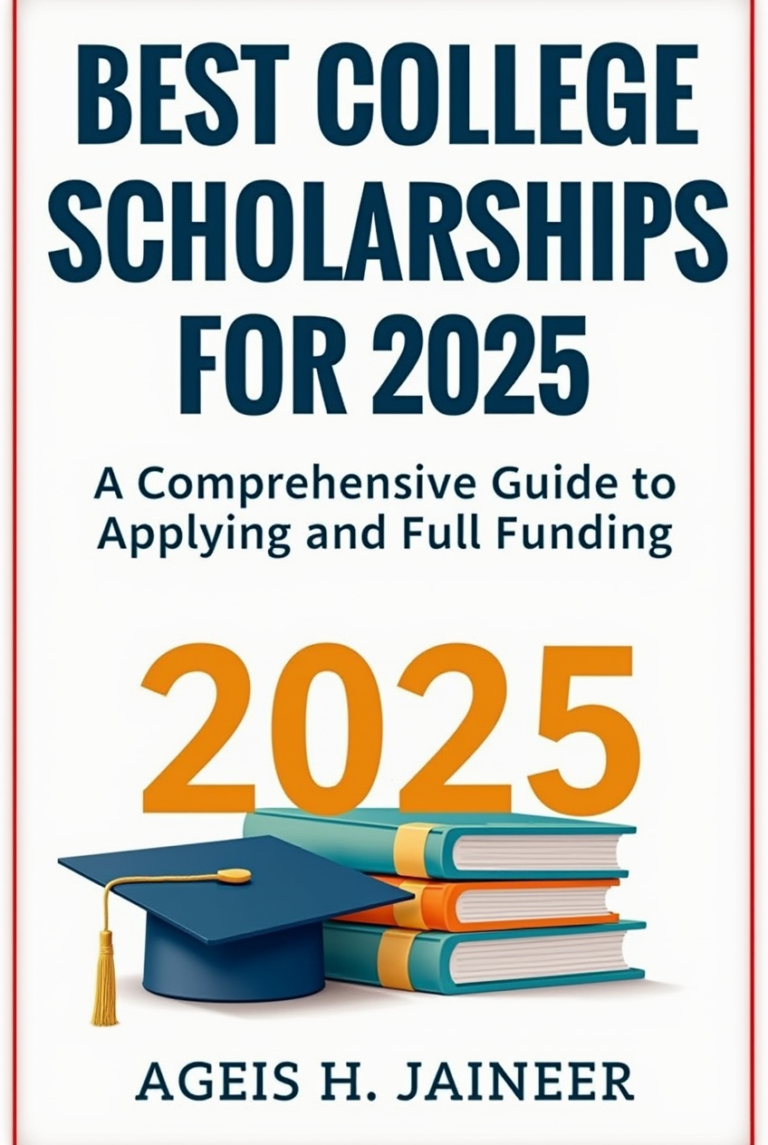Advanced present easy and constant
The quiz is at the end of the lesson.
Do you recognize all the different uses existing straightforward and continual? Test what you know with interactive workouts and review the description to help you.
Check out these instances to see how we use the present basic and continuous.
- The globe is transforming and it’s transforming swiftly.
- The earth focuses on the sunlight in about 365 days.
- I’m an engineer, however I’m working as a cabby right now.
- My daughter is always leaving clothes throughout the flooring.
Try this exercise to test your grammar.
Grammar explanation
Basic contrasts
We use the present simple to talk about:
- something that is always or generally true
When you heat ice, it melts.
- something that happens regularly
I go swimming twice a week.
- continuing states.
She‘s very happy with her job.
We use the present continuous to talk about:
- actions which are in progress at the moment
He’s busy. He‘s giving a presentation to some clients.
- temporary actions
I‘m working from home this month.
- something generally in progress but not actually happening at the moment
More and more people are feeling the effects of climate change.
- future plans that have already been organised.
I‘m going to Ghana next month. I booked my flights yesterday.
State verbs
State verbs describe a state rather than an action. They aren’t usually used in continuous forms, so we use present simple instead of present continuous.
I don’t know the answer.
I’m not knowing the answer.
He really likes his new house.He’s really liking his new house.
They seem busy at the moment.They’re seeming busy at the moment.
State verbs often relate to:
- thoughts and opinions: agree, believe, doubt, guess, imagine, know, mean, recognise, remember, suspect, think, understand
- feelings and emotions: dislike, hate, like, love, prefer, want, wish
- senses and perceptions: appear, be, feel, hear, look, see, seem, smell, taste
- possession and measurement: belong, have, measure, own, possess, weigh.
Some verbs have a stative meaning and a different active meaning.
I have a new computer. (state – possession)
I‘m having a quick break. (action – having a break is an activity)
This coffee tastes delicious. (state – our perception of the coffee)
Look! The chef is tasting the soup. (action – tasting the soup is an activity)







